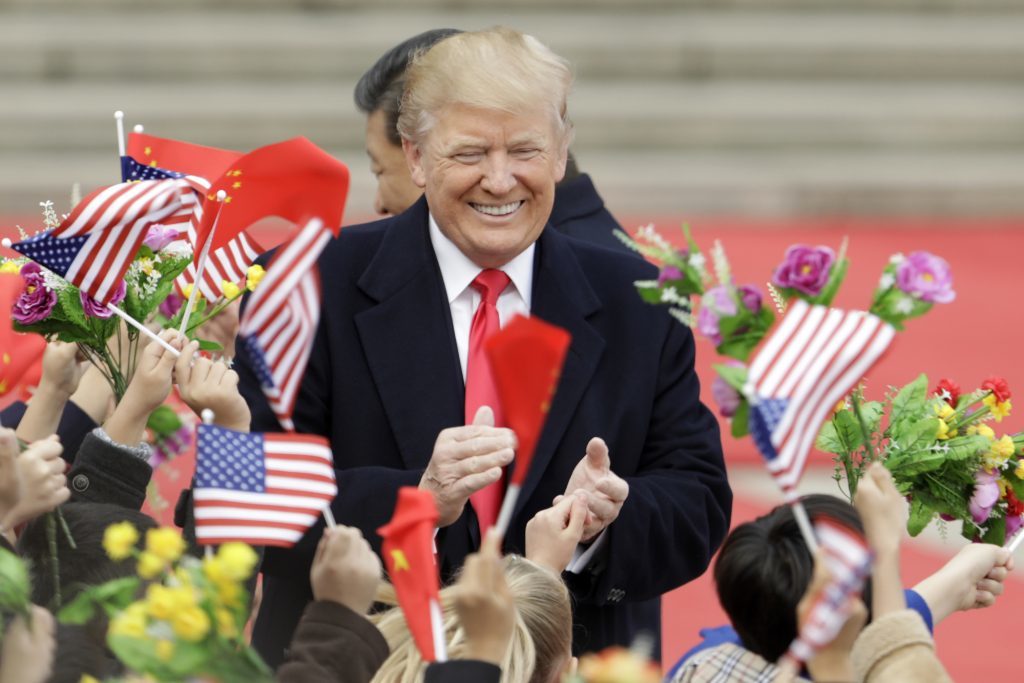
New Chinese tariffs are set to affect a wide array of refined products and plastics exports from Houston, but for now crude oil and liquefied natural gas exports are exempted.
Still, crude exports from Texas to China have fallen sharply this summer in part due to fears over President Trump’s ongoing trade war and also because of shrinking discounts on U.S. crude oil, said Sandy Fielden, director of oil and products research at Morningstar.
Instead, China, which surpassed the U.S. as the world’s largest crude importer last year, is buying more oil from Russia and Saudi Arabia.
U.S. energy companies are learning they need to build better long-term relationships with Asian nations, especially China, to sell crude, LNG and other petroleum products, Fielden argued. About 75 percent of U.S. crude exports come from the Texas Gulf Coast.
“The industry is figuring out there is more to export markets than delivering crude to Houston or Corpus Christi docks by pipeline and waiting for passing tankers,” Fielden stated in a Monday report. “A necessary first step is better shipping, hence the flurry of midstream projects announced this year to build out Gulf Coast export terminals to handle giant tankers, or very large crude carriers, that keep long-haul freight costs to a minimum.”
U.S. crude oil exports to China surged from about 22,000 barrels a day in 2016 up to almost 400,000 barrels day last year and early in 2018, accounting for about 20 percent of all U.S. crude shipments. This summer, those volumes have plummeted down below 200,000 barrels daily.
U.S. energy companies are compensating for now by diverting more of that crude to India and other Asian nations like South Korea, Taiwan, Singapore and Thailand.
This article first appeared on the Houston Chronicle – an Energy Voice content partner. For more from the Houston Chronicle click here.
Recommended for you
